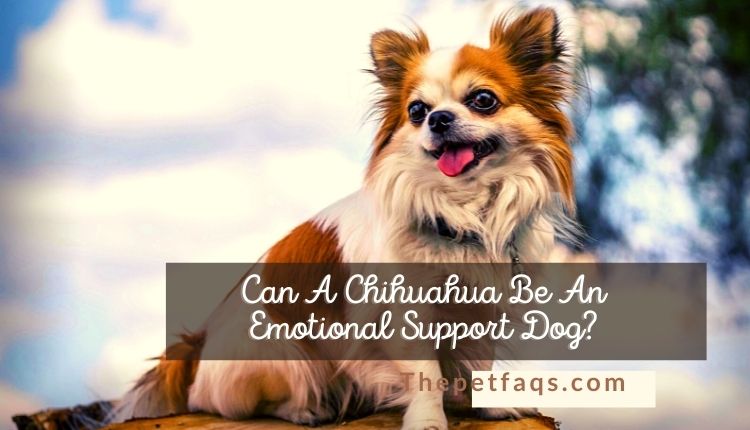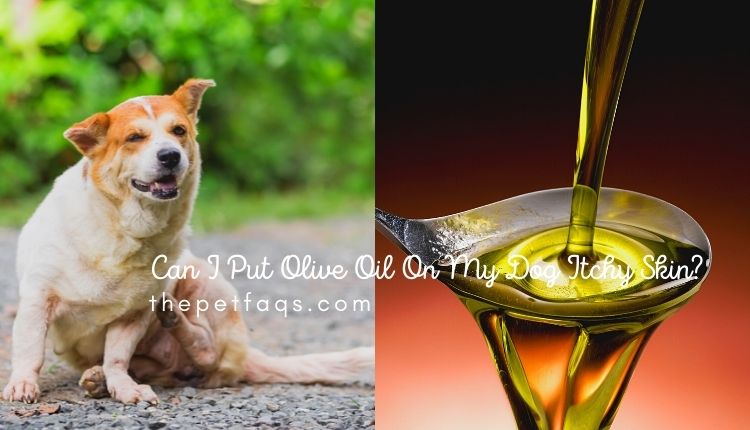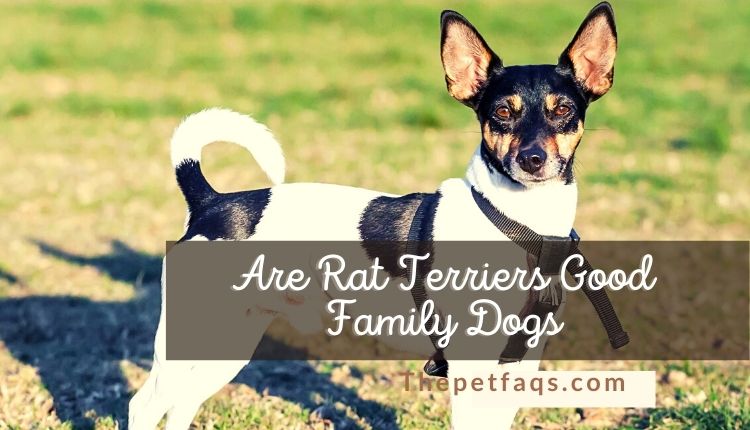Are Any Herbs Toxic To Dogs
Our expert will let you Know are any herbs toxic to dogs all herbs have varying levels of toxicity, which is determined by their concentration and the length of time they are consumed.
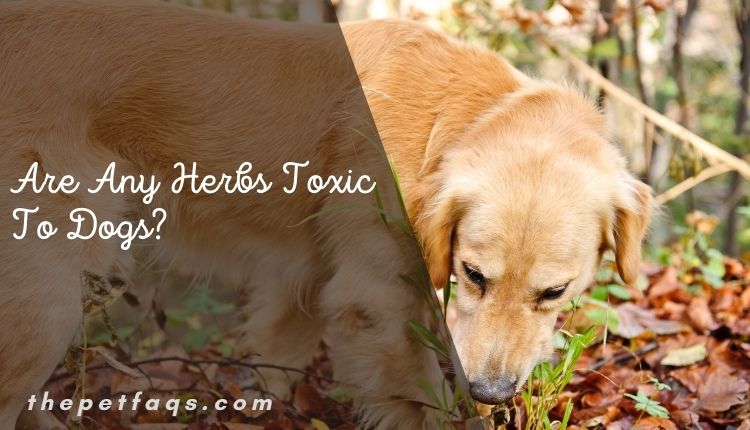
For example, your dog may only eat a small amount of parsley and end up in the hospital due to its high concentration of thujone, but that same parsley may not be toxic to a human after being cooked.
Are Any Herbs Toxic To Dogs? Can Dogs Eat Herbs?
There is no one-size-fits-all answer to this question, as the toxicity of herbs will vary depending on their concentration and length of time they are consumed. Some herbs may be toxic to dogs if ingested in large amounts, while others may not be harmful at all if small amounts are consumed. Some common examples of potentially toxic herbs for dogs include parsley,
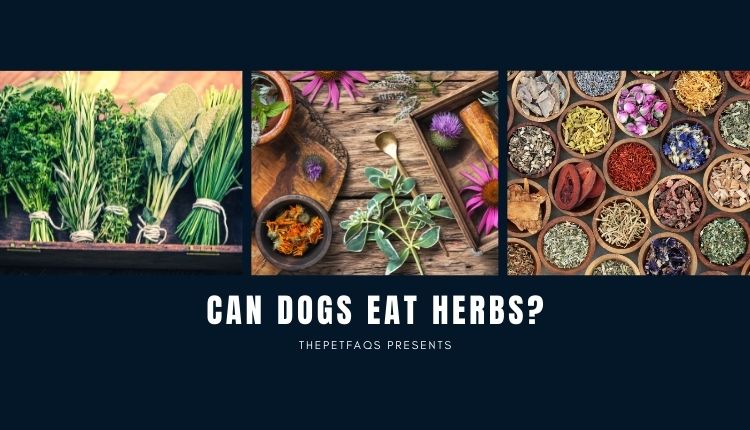
pennyroyal oil, dandelion greens, and foxglove plants. Always consult with a veterinarian before giving your dog any new fruit, herbs, or supplements, as they could be harmful if not properly taken care of.
Herbs Safe for Dogs:
- -Basil
- – Cayenne pepper
- – Chervil
- – Cranberry juice
- – Dill weed (although a high concentration of dill oil can be toxic)
- – Fennel seed
- – Honeydew melon – Juniper berries
- – Lavender oil
- – Lemon Balm
- – Lemongrass
- – Parsley (although the high concentration of thujone can be toxic) – Peppermint oil
- – Rosemary
- – Sage (although the high concentration of thujone can be toxic) – Thyme
Herbs Toxic for Dogs:
- – Basil (high concentration of thujone can be toxic)
- – Cayenne pepper
- – Chervil
- – Cranberry juice (high concentration of tannins can be toxic)
- – Dill weed (highly concentrated dill oil is toxic)
- – Fennel seed (contains fenugreek, which is poisonous to dogs) – Honeydew melon(can contain high levels of cyanide and is toxic)
- – Juniper berries (contain Juniperidin, a toxin that can be fatal to dogs)
- – Lavender oil (can cause skin irritation and is toxic in high doses)
- – Lemon Balm(may contain thujone, which is poisonous to dogs) – Lemongrass(high concentration of linalool can be harmful to dogs ) – Parsley (thujone content can be toxic)
- – Peppermint oil (contains menthol, which is poisonous to dogs) – Rosemary (high concentration of terpenes can be toxic ) – Sage( high concentration of thujone can be toxic )
What is the Difference Between a Herb and a Spice?
Herbs are plants that have been traditionally used as remedies for a variety of health problems. At the same time, spices are herbs or culinary additives that contain high levels of flavour and aroma. Examples of common spices include black pepper, ginger, garlic, cinnamon, and turmeric.
Spices and herbs that are bad for your dog:
Garlic:
Garlic is a common herb and spice that can be toxic to dogs if ingested in large quantities. Garlic contains sulfur-containing compounds, which, when combined with oxygen, can form diatomic sulfide molecules. These molecules are poisonous to humans and animals and can cause damage to the heart, lungs, liver, kidneys, gastrointestinal tract walls, eyesight, and nerves. The garlic bulb also contains alliin (a powerful Vet no-no), which can be toxic to dogs and cats.
Ginger:
Ginger is another herb that can be harmful to your dog if ingested in large quantities. Like garlic, ginger contains sulfur-containing compounds, and when combined with oxygen, these molecules form diatomic sulfide molecules that are poisonous to both humans and animals. What’s more, ginger also contains a compound called zingerone, which is toxic to animals.
Garlic Extract:
garlic extract is a type of garlic product that has been processed to remove most of the sulfur-containing compounds. However, despite being “safe” for dogs to consume, garlic extract still contains alliin and can be harmful if ingested in high quantities.
Peppermint Oil:
Peppermint oil is made from peppermint leaves and is often used as a flavour additive in foods and drinks. However, like other mint plants (such as marigold), peppermint contains eucalyptol, a compound that can be harmful to both dogs and cats. Eucalyptol is primarily effective as an inhalant, meaning it can cause irritation in animals’ noses and respiratory systems. In addition, large doses of eucalyptol may also cause vomiting, diarrhoea, and stomach pain.
Cocoa powder:
Cocoa powder can be dangerous for both dogs and cats if ingested. This is because the main component of cocoa powder is chocolate, which contains a number of compounds that are toxic to both animals. These include theobromine and caffeine, which are stimulants that can cause nausea, vomiting, and diarrhea in pets. In addition, chocolate also contains the compound theobromine, a potent carcinogen.
Nutmeg:
Nutmeg is a spice made from the seed of an orange tree. Like other spices, nutmeg contains compounds that can be harmful to both dogs and cats if ingested in large quantities. The main compounds that are harmful to pets are called monosodium glutamate (MSG) and methylmercury, which are both toxic to animals. In addition, nutmeg also contains prussic acid, which can cause respiratory problems in pets.
Onion/chives:
Onion and chive plants are related to the Allium family, which includes garlic, onions, and leeks. Like other allium family members, onion and chive plants contain allicin, a compound that can be harmful to both dogs and cats if ingested in high quantities. Alliin is a sulfur-containing compound that can damage cells in the stomach and intestines of pets. In addition, large doses of alliin may also cause vomiting and diarrhea.
Salt:
Salt is a common ingredient in many human foods and pet food products. However, like other spices, salt can contain compounds that are harmful to both dogs and cats if ingested in high quantities. The main compound that is toxic to animals is called sodium chloride, which contains mineral salts that are harmful to the digestive system of pets. In addition, high doses of salt may also cause dehydration and water retention in pets.
Paprika:
Paprika is a spice made from the seeds of a Hungarian pepper plant. Like other spices, paprika contains compounds that can be harmful to both dogs and cats if ingested in large quantities. The main compound that is harmful to pets is called capsaicin, which is a potent pain killer and irritant. In addition, large doses of capsaicin may also cause irritation of the gastrointestinal (GI) tract, diarrhea, and vomiting in Pets.
Pepper:
Pepper is a common spice made from the fruits of several different plants. Like other spices, pepper contains compounds that can be harmful to both dogs and cats if ingested in high quantities. The main compound that is toxic to animals is called capsaicin, which is a potent pain killer and irritant. In addition, large doses of capsaicin may also cause irritation of the gastrointestinal (GI) tract, diarrhea, and vomiting in Pets.
Mace:
Mace is a spice made from the dried leaves and flowers of the Myristica fragrans tree. Like other spices, mace contains compounds that can be harmful to both dogs and cats if ingested in high quantities. The main compound that is toxic to animals is called safrole, which has been linked to cancerous tumors in humans. In addition, large doses of mace may also cause breathing problems and anaphylactic shock in Pets.
Tea tree oil:
Tea tree oil is a natural oil derived from the leaves of the Melaleuca alternifolia tree. Tea tree oil has been used for centuries as a treatment for a variety of diseases and injuries. Like other oils, tea tree oil can be harmful to dogs and cats if ingested in high quantities. The main compound that is toxic to animals is called terpinene-4-ol, which has been linked to liver toxicity and kidney failure in humans. In addition, large doses of tea tree oil may also cause skin irritation and a burning sensation in Pets.
Yuca:
Yuca is a tuberous root vegetable that can be found in Latin America. Yuca has been used for centuries as a food source and for its medicinal properties. However, like other plants, yuca contains compounds that can be harmful to both dogs and cats if ingested in high quantities. The main compound that is toxic to animals is called diclofenac, which has been linked to liver toxicity and the development of cancerous tumors in humans. In addition, large doses of yuca may also cause stomach upset and diarrhea in Pets.
Hops:
Hop is a flowering plant used to produce beer and other types of beverages. Like other plants, hops contain compounds that can be harmful to both dogs and cats if ingested in high quantities. The main compound that is toxic to animals is called humulone, which has been linked to liver toxicity and the development of cancerous tumors in humans. In addition, large doses of hops may also cause nausea, vomiting, diarrhea, seizures, and even death in Pets.
Spices and herbs that are safe and healthy for your dog
1. Aloe vera:
Aloe vera is a plant commonly used to treat skin problems in humans. Like other plants in the Aloe family, aloe vera contains compounds that are beneficial for pets. These compounds include glycoprotein and polysaccharides, which help heal wounds and reduce inflammation. In addition, aloe vera can also be helpful in treating gastrointestinal (GI) issues such as diarrhea and constipation.
2. Basil:
Basil is a popular herb that is used to flavor food and medications. Like other herbs, basil can contain compounds that are harmful to pets if ingested in high quantities. The main compound toxic to animals is called thymol, which has anti-inflammatory properties. In addition, large doses of basil may also cause vomiting and diarrhea in Pets.
3. Bay leaves:
Bay leaves are the dried flowers and branches of a laurel tree. They are commonly used to flavor food and breathe new life into old foods. Like other plants in the Laurus genus, bay leaves contain chemicals harmful to pets if consumed in high quantities. The main compound toxic to animals is called oleoresin, which contains compounds such as volatile oils and terpenes. In addition, large doses of bay leaves may also cause diarrhea and vomiting in Pets.
4. Parsley:
Parsley is a herb that is commonly used to flavor food and medications. Like other herbs, parsley can contain harmful compounds to pets if ingested in high quantities. The main compound toxic to animals is called thymol, which has anti-inflammatory properties. In addition, large doses of parsley may also cause vomiting and diarrhea in Pets.
5. Rosemary:
Rosemary contains terpenoids such as linalool and camphor that have anti-inflammatory properties. However, like other plants in the Laurus genus, rosemary can also contain compounds such as volatile oils and terpenes, which can be harmful to pets if consumed in high quantities. In addition, large doses of rosemary may also cause vomiting and diarrhea in Pets.
6. Turmeric:
Turmeric is a spice that is commonly used in Indian cuisine. Like other spices, turmeric can contain compounds such as beta-carotene and curcumin, which have anti-inflammatory properties. In addition, large doses of turmeric may also cause vomiting and diarrhea in Pets.
Zesty Paws Turmeric Curcumin for Dogs:
Are you looking for a safe and effective way to reduce inflammation in your dog? Zesty Paws offers our Turmeric Curcumin supplement! Made with a blend of pure curcuminoids, turmeric extract, antioxidant vitamins E and C, these supplements help support optimal health via their anti-inflammatory properties. Available in soft gels or capsules for easy prescription dosing, give your canine friend the relief they need today!
More in Dog Food + Nutrition:
Basil is a common ingredient in Italian cuisine and can be found in many dog foods, assuming that the food has been processed correctly. Like other herbs, basil can contain compounds such as linalool and camphor, which have anti-inflammatory properties. In addition, large doses of basil may also cause vomiting and diarrhea in Pets.
Conclusion:
Are any herbs toxic to dogs? This is a common question and the answer varies from person to person. But, in general, many plants are considered safe for consumption by most animals, including dogs. However, some may have adverse effects on their health if they consume them in large quantities or if they are not prepared properly. Some of the herbs that may be toxic to dogs include garlic, onions, chives and chervil.
